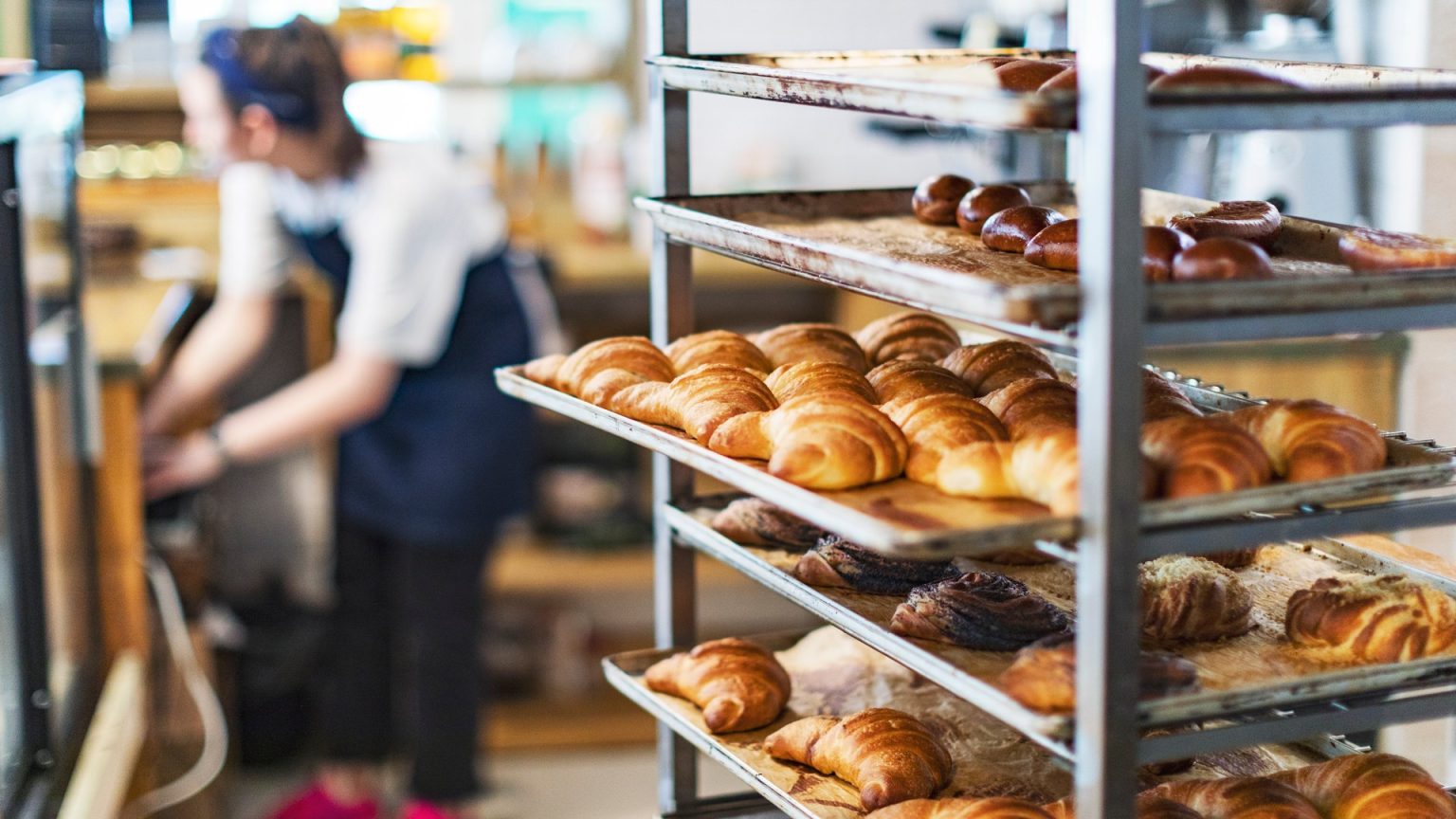The closure of Oddie’s Bakery, a 120-year-old institution in Lancashire, marks the end of an era for the local community and a stark reminder of the challenges facing businesses in the current economic climate. The family-run chain, renowned for its freshly baked goods and spanning 16 locations, will cease operations on January 11th, resulting in the loss of 100 jobs. This heartbreaking decision comes after a series of economic blows, beginning with the COVID-19 pandemic, which significantly hampered the bakery’s ability to operate at its usual capacity.
The pandemic’s impact forced Oddie’s to implement cost-cutting measures, including shop closures, product range reductions, and staff cuts. While these efforts initially showed signs of recovery, the subsequent energy crisis dealt a devastating blow, depleting the company’s reserves and hindering its ability to reinvest and fully recover. The final nail in the coffin came with the collapse of a last-minute sale, leaving the family with no viable option but to close its doors. This unfortunate turn of events highlights the precarious position of many businesses, particularly those operating in traditional retail sectors, as they grapple with rising costs and changing consumer habits.
The closure of Oddie’s is not an isolated incident. It reflects a broader trend of businesses, particularly in the retail sector, struggling to navigate a challenging economic landscape. The COVID-19 pandemic disrupted supply chains, altered consumer behavior, and accelerated the shift towards online shopping. This, coupled with rising inflation and a cost-of-living crisis, has created a perfect storm for businesses reliant on foot traffic and discretionary spending. The energy crisis, with soaring energy prices, has further exacerbated the situation, adding an unsustainable burden on operational costs.
The retail landscape has become increasingly competitive, with businesses facing pressure from both online giants and discount retailers. Consumers, grappling with reduced disposable income, are more price-sensitive and increasingly turning to online platforms for convenience and competitive pricing. This shift in consumer behavior has left traditional brick-and-mortar stores struggling to maintain profitability and compete effectively. While some larger chains can absorb these shocks, smaller, independent businesses like Oddie’s often lack the resources and flexibility to weather such prolonged periods of economic hardship.
The closure of Oddie’s reverberates beyond the immediate loss of jobs and a beloved local bakery. It symbolizes the wider challenges confronting traditional high street businesses, struggling to adapt to evolving consumer preferences and a volatile economic environment. The story of Oddie’s underscores the need for businesses to embrace innovation, diversify their offerings, and find new ways to connect with customers in a rapidly changing marketplace. It also highlights the importance of government support and initiatives to help small and medium-sized enterprises navigate these turbulent times and ensure the vitality of local economies.
The closure of businesses like Oddie’s represents a significant loss to local communities. These establishments often serve as vital hubs, providing not just goods and services but also a sense of community and connection. The loss of these businesses can have a ripple effect, impacting local employment, reducing consumer choice, and diminishing the character of town centers. The story of Oddie’s serves as a cautionary tale, reminding us of the importance of supporting local businesses and recognizing their vital role in the economic and social fabric of our communities. It also underscores the need for a collective effort from businesses, government, and consumers to create a more sustainable and resilient retail ecosystem.




